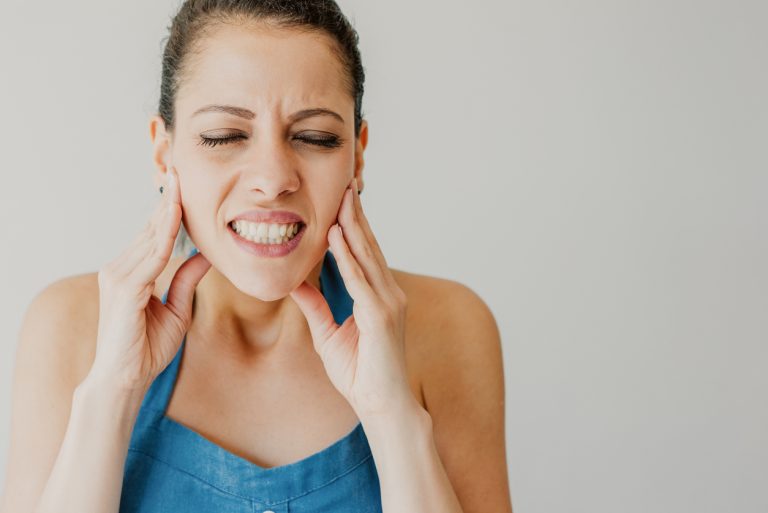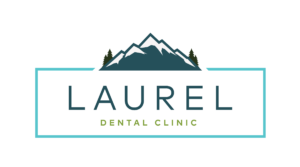A temporomandibular disorder is characterized by pain or tenderness in the temporomandibular joint (TMJ) of the jaw. These two joints connect your lower jaw to your skull, they allow the mandible to move up and down, side to side, and forward and back.

The TMJ is among the most complex joints in the body that enables us to chew, swallow, yawn and speak. It is surrounded by muscles and ligaments that work in conjunction with the joint itself. TMD’s can cause severe pain for some, and effects in varying degrees, 33% of people over their lifetime.
TMD has 3 Classifications
TMD has 3 classifications. You can have one or more of these conditions at the same time.
- Myofascial pain. This is the most common form of TMD. It results in discomfort or pain in the fascia (connective tissue covering the muscles) and muscles that control jaw, neck, and shoulder function.
- Internal derangement of the joint. This means a dislocated jaw or displaced disk, (cushion of cartilage between the head of the jaw bone and the skull), or injury to the condyle (the rounded end of the jaw bone that articulates with the temporal skull bone).
- Degenerative joint disease. This includes osteoarthritis or rheumatoid arthritis in the jaw joint.
Teeth Grinding
It’s been thought that clenching or grinding your teeth can exacerbate pain in the joint. There is also a correlation between stress and TMD, but it is unknown if stress causes pain in the joint or if stress is the result of joint pain. In severe cases, pain in the TMJ can have life-altering effects. Diagnosis should be made by a medical professional who can determine what type of TMD you are suffering from as there is a wide spectrum of disorders.
Treatment and Options
Unfortunately for those suffering from TMD, the options for treatment are limited as this is such a complex area. Depending on the type of TMD, patients may find relief from massage therapy, acupuncture, or physical therapy.
We as dental professionals can assist by creating a custom night guard to ease the discomfort of clenching and grinding. Many people are aware that they clench or grind and your dentist will look at your teeth for any signs (wearing of the tooth structure.)
We will also ask about your history of headaches or migraines and muscle discomfort in the joint. A night guard is often a good place to start to find relief and many insurance companies will cover them.
If you suffer from TMD, please let us know. The discomfort can be worsened by long periods of mouth opening and we try to accommodate this to make your appointments easier. We would love to discuss your options for treatment and may refer you to a specialist for further treatment. As always please ask us if you have any questions.
References
Mayo Clinic – https://www.mayoclinic.org/diseases-conditions/tmj/symptoms-causes/syc-20350941
Canadian Dental Association – https://www.cda-adc.ca/en/oral_health/talk/complications/temporomandibular_disorder/
American Family Physician-Diagnosis and Treatment of Temporomandibular Disorders – https://www.aafp.org/afp/2015/0315/p378.html
Journal of Manual and Manipulative Therapy-Management and Treatment of Temporomandibular Disorders: A Clinical Perspective – https://www.ncbi.nlm.nih.gov/pmc/articles/PMC2813497/
John Hopkins Medicine – https://www.hopkinsmedicine.org/health/conditions-and-diseases/temporomandibular-disorder-tmd

